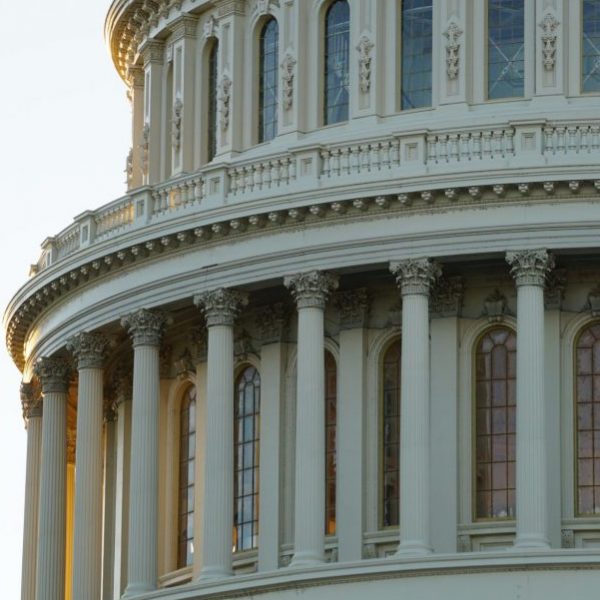Why Conservatives Can’t Govern
 Alan Wolfe, Professor of Political Science at Boston College and author of the forthcoming Does American Democracy Still Work? (Yale University Press; available September 4, 2006), has written the cover story for the July/August issue of Washington Monthly, entitled “Why Conservatives Can’t Govern.” The article, which has attracted significant attention in the blogosphere, is excerpted briefly below.
Alan Wolfe, Professor of Political Science at Boston College and author of the forthcoming Does American Democracy Still Work? (Yale University Press; available September 4, 2006), has written the cover story for the July/August issue of Washington Monthly, entitled “Why Conservatives Can’t Govern.” The article, which has attracted significant attention in the blogosphere, is excerpted briefly below.
“The collapse of the Bush presidency,” Wolfe writes,
is not just due to Bush’s incompetence (although his administration has been incompetent beyond belief). Nor is it a response to the president’s principled lack of intellectual curiosity and pitbull refusal to admit mistakes (although those character flaws are certainly real enough). And the orgy of bribery and special-interest dispensation in Congress is not the result of Tom DeLay’s ruthlessness, as impressive a bully as he was. This conservative presidency and Congress imploded, not despite their conservatism, but because of it.
Contemporary conservatism is first and foremost about shrinking the size and reach of the federal government. This mission, let us be clear, is an ideological one. It does not emerge out of an attempt to solve real-world problems, such as managing increasing deficits or finding revenue to pay for entitlements built into the structure of federal legislation. It stems, rather, from the libertarian conviction, repeated endlessly by George W. Bush, that the money government collects in order to carry out its business properly belongs to the people themselves. One thought, and one thought only, guided Bush and his Republican allies since they assumed power in the wake of Bush vs. Gore: taxes must be cut, and the more they are cut–especially in ways benefiting the rich–the better.
But like all politicians, conservatives, once in office, find themselves under constant pressure from constituents to use government to improve their lives. This puts conservatives in the awkward position of managing government agencies whose missions–indeed, whose very existence–they believe to be illegitimate. Contemporary conservatism is a walking contradiction. Unable to shrink government but unwilling to improve it, conservatives attempt to split the difference, expanding government for political gain, but always in ways that validate their disregard for the very thing they are expanding. The end result is not just bigger government, but more incompetent government.
“Ideas,” a distinguished conservative named Richard Weaver once wrote, “have consequences.” Americans have learned something about the consequences of conservative ideas during the Bush years that they never had to confront in the more amiable Reagan period. As a way of governing, conservatism is another name for disaster. And the disasters will continue, year after year, as long as conservatives, whose political tactics are frequently as brilliant as their policy-making is inept, find ways to perpetuate their power.
* * *
If government is necessary, bad government, at least for conservatives, is inevitable, and conservatives have been exceptionally good at showing just how bad it can be. Hence the truth revealed by the Bush years: Bad government–indeed, bloated, inefficient, corrupt, and unfair government–is the only kind of conservative government there is. Conservatives cannot govern well for the same reason that vegetarians cannot prepare a world-class boeuf bourguignon: If you believe that what you are called upon to do is wrong, you are not likely to do it very well.



